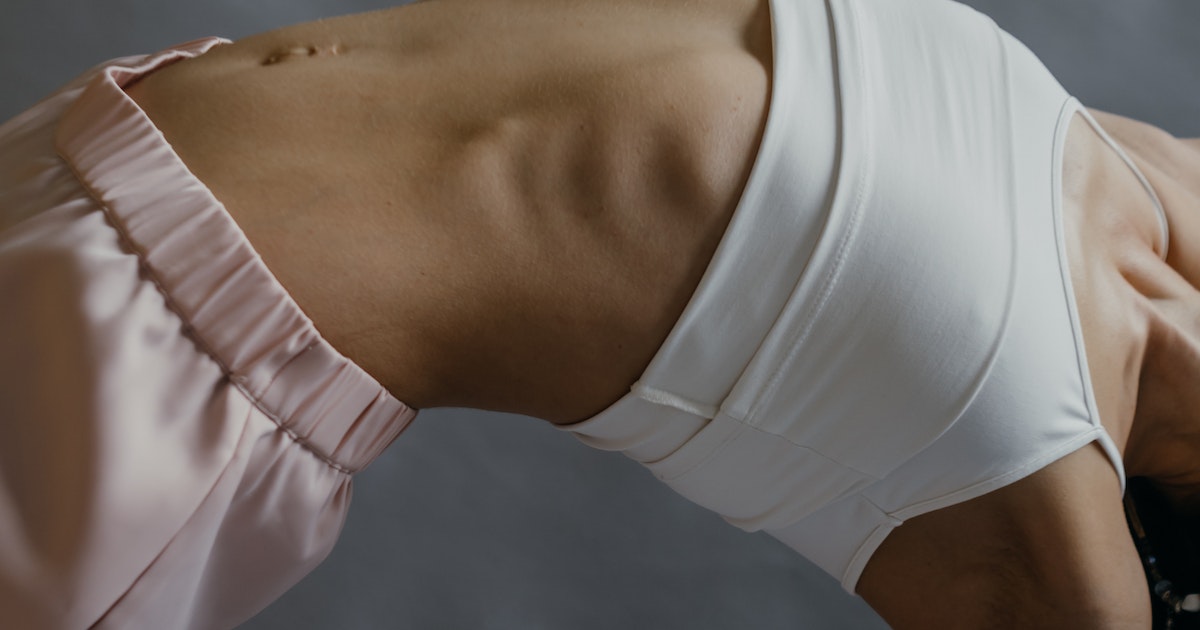Abdominoplasty, also known as a “tummy tuck,” is cosmetic or reconstructive surgery. It is used to tighten slack or divided muscles caused by pregnancy, as well as to remove fat and superfluous skin from the belly following major weight loss. In the majority of cases, abdominoplasty will:

- Restore damaged or divided muscles,
- prevent itching and skin infections caused by extra skin
- adjust the contour and tone of the belly to create a firmer and smoother profile
Abdominoplasty is not a replacement for dieting or exercise. Following a balanced diet and exercising consistently might occasionally result in a flatter stomach without surgery, but this is not always the case. Many doctors advise that abdominoplasty be considered only when dieting and training result in the proper body shape beneath.
If you are self-conscious about your appearance or considering cosmetic treatments to increase your confidence, there are options. These may involve making lifestyle adjustments or speaking with a counselor or psychologist to assist you in overcoming your self-consciousness about your appearance.
Law changes affecting cosmetic treatments
The Health Services Act 1988 was amended in 2018 to govern any surgery, including cosmetic surgery.
The modifications stated that:
- All surgery must be performed in a licensed private hospital or day procedure center.
- Liposuction with anesthesia, including intravenous sedation and anything more than a mild dose of local anesthesia, must be performed in a licensed private hospital or day surgery center.
This implies that in Victoria, it is now unlawful to:
Any surgery (including cosmetic surgery) to be conducted in unregistered facilities anesthesia (other than minimal dosages of local anesthesia) to be administered at an unregistered institution
How can I determine whether a facility or healthcare establishment is registered?
- You can check to see if a facility is registered by:
- Check the Department of Health’s page on Private Hospitals
- Call the Department’s Private Hospitals Unit at (03) 9096 2164 and ask to see the facility’s registration certificate (this is usually on display in a prominent place where consumers can see it quickly).
You can also contact the unit if you suspect illegal behavior or have questions about liposuction, cosmetic surgery, or anesthetic